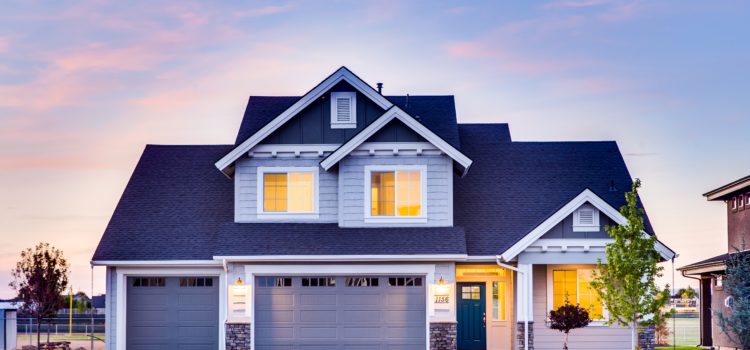
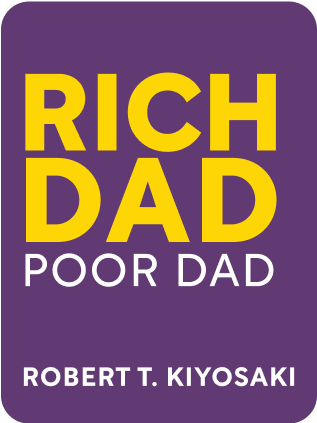
This article is an excerpt from the Shortform summary of "Rich Dad Poor Dad" by Robert T. Kiyosaki. Shortform has the world's best summaries of books you should be reading.
Like this article? Sign up for a free trial here .
Is a house an asset or a liability? Can choosing not to own a house help you achieve your financial goals faster?
In Rich Dad, Poor Dad Robert Kiyosaki asked the question “is a house an asset or a liability?” Kiyosaki argues that owning a house as a primary residence is a liability. While popular opinion believes that owning a house is an asset, Kiyosaki discusses the different between assets and liabilities below and dives into why he thinks a house is a liability.
Is a House an Asset or a Liability?
Is a house an asset or a liability? Before we dive into Robert Kiyosaki’s views on this, let’s first go over Kiyosaki’s definitions of assets and liabilities to help you answer this question.
The key putting your money to work for you is to buy things that generate income (assets). You do NOT want to buy things that lose money over time or incur large expenses (liabilities).
This is obvious enough. But the most deceptive investments look like assets, but are actually liabilities.
What are Assets?
So what are real assets?
- Businesses that don’t require your presence. You own them, but they’re managed by other people. If you have to work there for it to generate money, it becomes your job.
- Stock, bonds, funds, and other securities.
- Income-generating real estate.
- Notes (IOUs).
- Royalties from intellectual property such as music, scripts, patents.
- Anything that has value, produces income, appreciates, and has a ready market.
Think about each dollar as your employee that works 24 hours a day tirelessly to make you more money.
The tradeoff between today’s expenses and future income should be clear. Every dollar you spend today is a dollar that does not work for you again, in perpetuity.
Further, avoid situations where you have to dip into savings or investments. Find creative ways to come up with the money, and protect your assets.
What Are Liabilities?
Don’t buy physical goods whenever you get more money, with the expectation they’ll be good investments. This includes bigger houses, fancier cars, house renovations, handbags, jewelry, and golf clubs.
Not only do consumption goods not generate income, they also depreciate incredibly quickly.
- Common advice: A new car loses 25% of the price once you drive it off the lot.
- Corollary: buy used goods instead of obsessing about it being new.
Be especially careful when buying the thing just causes you to go further into debt. This is a major way to increase expenses without increasing income, thus digging you into a deeper hole.
Kiyosaki isn’t saying don’t enjoy yourself. You can still buy nice things and live life well. But ideally, afford your luxuries using extra cash flow from your assets. This way you’ll feel like you’ve really earned it. Rich people buy luxuries last.
Is Buying a House an Asset or a Liability?
Consider Kiyosaki’s definitions of assets and liabilities above. In his view, is buying a house an asset or a liability? Does a house earn you income? Does it decrease debt?
In Robert Kiyosaki’s view, the most common mistake when it comes to assets and liabilities is buying a house as a primary residence, and considering it an asset and their primary investment. So, is a house an asset or a liability? Kiyosaki says it’s a liability. Here’s why:
- You don’t get rental income on your house. Meanwhile, you’re paying large expenses – mortgage, property taxes, upkeep. In steady state, this represents monthly negative cashflow that requires income to compensate. (Shortform note: Kiyosaki basically considers things assets only if they generate cash.)
- This is why many are stuck in the rat race – someone buys an expensive house. Now she has high monthly expenses, so she has to keep working to sustain it. Yes, the house may be appreciating, but that doesn’t help her high month to month expenses.
- The money tied up as a down payment, building up home equity, and paying expenses has a large opportunity cost. That money could be better spent on higher returning assets.
- While real estate can appreciate over the long term, there’s no guarantee of this.
- Even if real estate appreciates, you get the gain only on liquidation. (Kiyosaki seems to prefer investments with clearer short-term outcomes.)
- Considering your house as your primary investment causes a few subtle problems:
- People tend to overspend on housing, depleting money that could be spent on other investments.
- Because your cash is spent on the house, you never have enough money to think about what to do with it. This prevents building up the financial education to become a sophisticated investor.
- (Shortform note: also, loading too heavily on your house concentrates risk on your local real estate market. And if you’re subject to groupthink, you’re more likely to think buying a house is a great deal precisely when it’s actually not.)
- Many people buy a new house every number of years, each time incurring a new 30-year loan without really truly owning the house.
Shortform Explanation
Kiyosaki doesn’t address that people obviously have to live somewhere, and paying rent would also be an expense. And, typically, the monthly mortgage payment is lower than the monthly rent of the home, which is where people often get tripped up on the question “is a house an asset or a liability?”
A proper analysis would compare the long-term outcome of these two options:
1. the cost of buying a home, including the down payment, annual expenses, and likely appreciation of home value
2. renting an identical property, increases in rental costs in proportion with home value appreciation, and investment returns of the extra cash from not buying a home (e.g. down payment) over time
But Rich Dad, Poor Dad isn’t great about these tactical details – one of its major failings. Going through the exercise, neither option is a clear home run, depending on your assumptions of how the housing market and stock market change.
So to bring it all together, here’s the best advice we imagine Kiyosaki would give:
As a mindset, don’t consider your home as your natural biggest investment. There are better places to put your money with better returns and more robust diversification.
Buy only the house that you need.
Do not overspend under the delusion that it’s going to be a great investment, or your major investment.
Do not buy to keep up with the Joneses – the money you save can be better employed elsewhere.
If you get a pay raise, don’t upgrade your house if you don’t need to. This is the cause of the vicious cycle putting you in the rat race.
So, is a house an asset or a liability? According to Robert Kiyosaki, a house is a liability. While you might have a different answer to the question “is a house an asset or a liability?” make sure to carefully analyze your financial needs and goals before coming to a conclusion.

———End of Preview———
Like what you just read? Read the rest of the world's best summary of Robert T. Kiyosaki's "Rich Dad Poor Dad" at Shortform .
Here's what you'll find in our full Rich Dad Poor Dad summary :
- The key differences in how rich dad and poor dad approached life
- Why it's a terrible idea to buy an expensive house
- How to overcome your own mental blocks to become wealthy for life

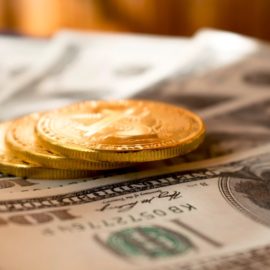
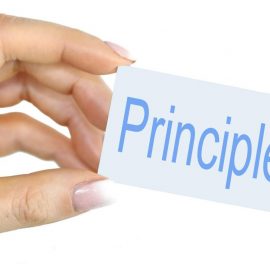
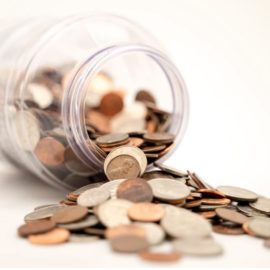
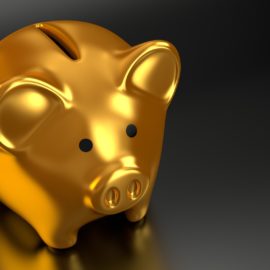
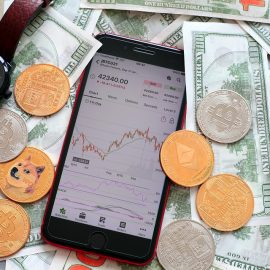
A house is a liability